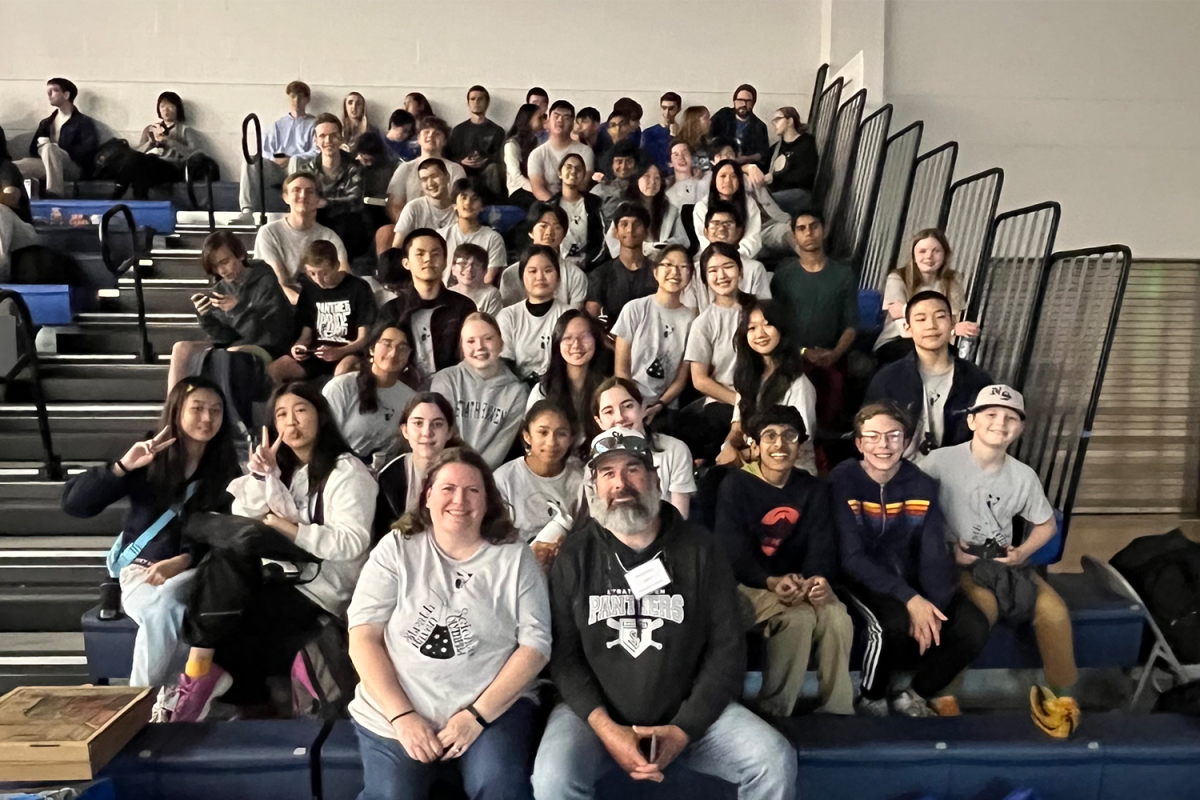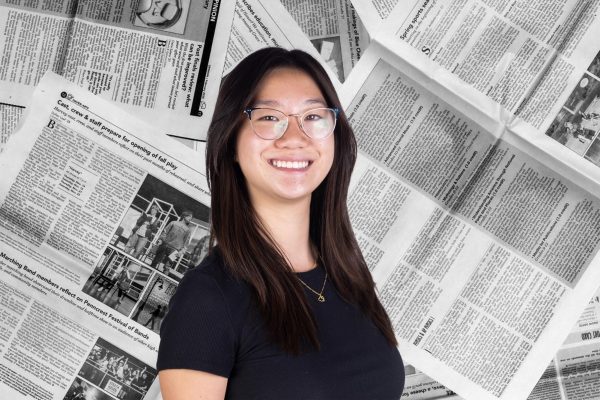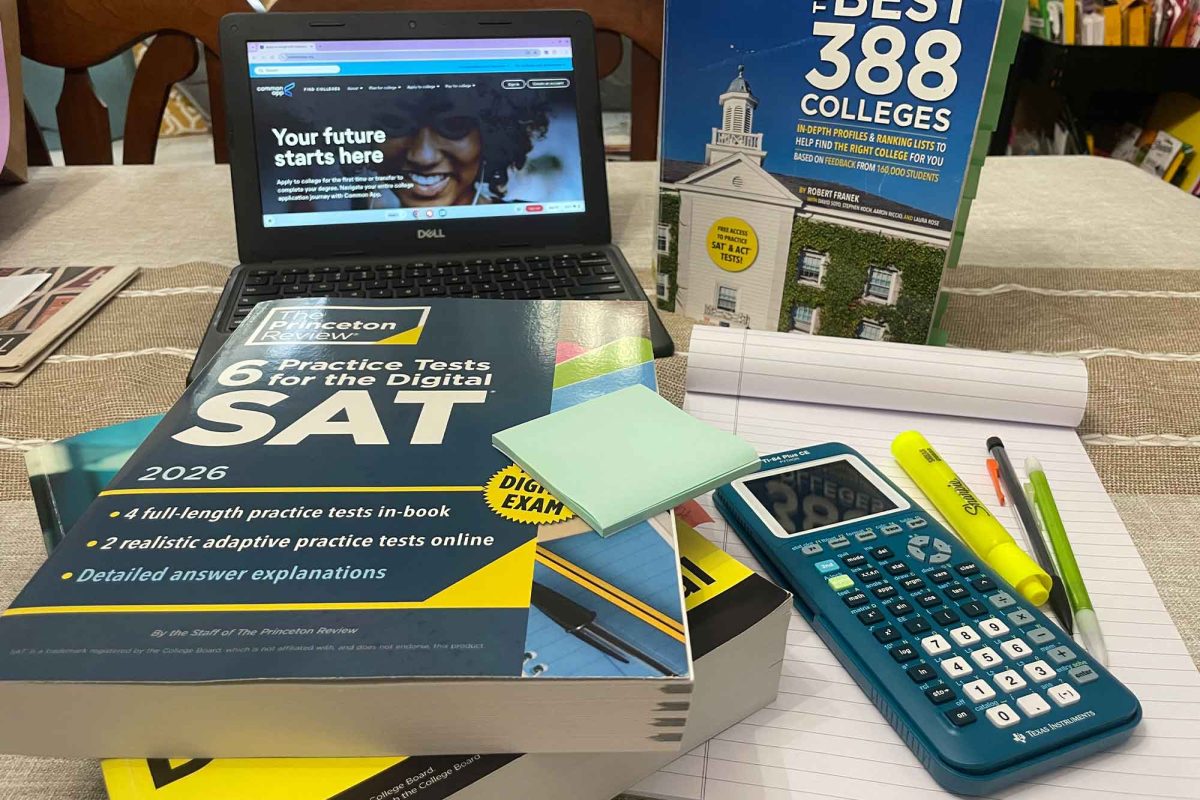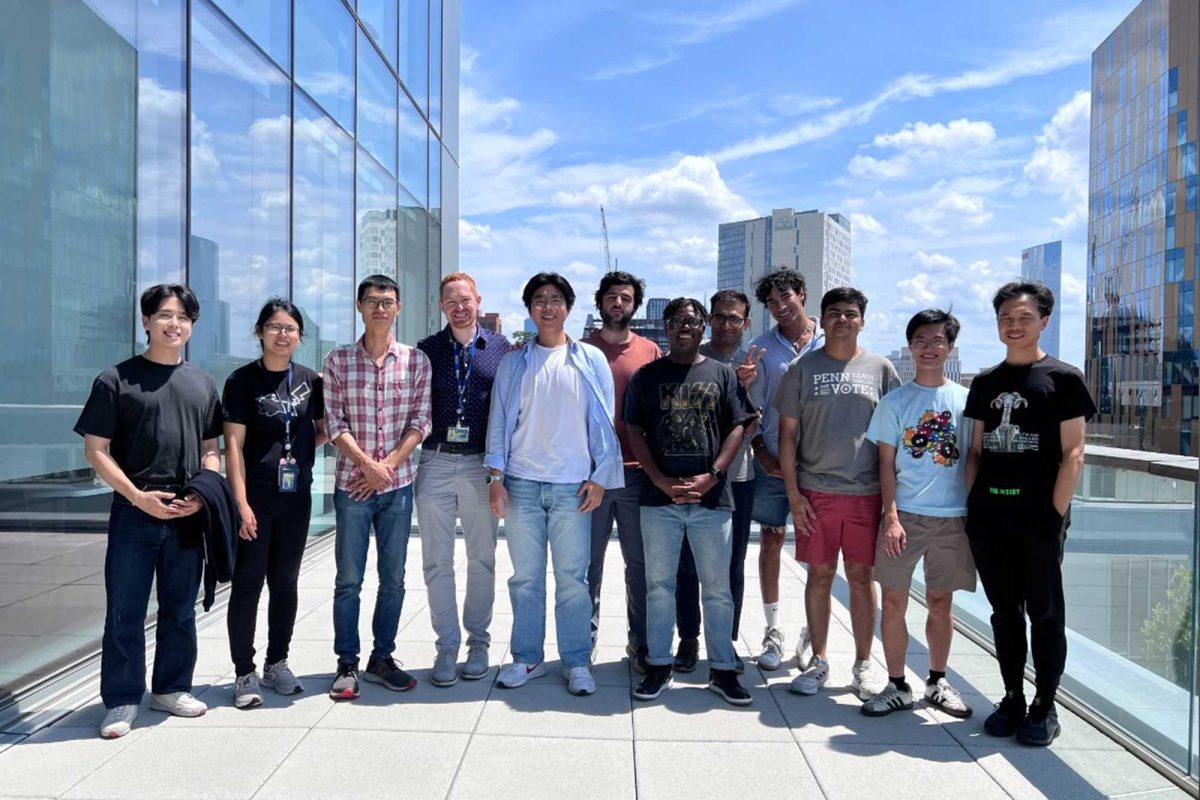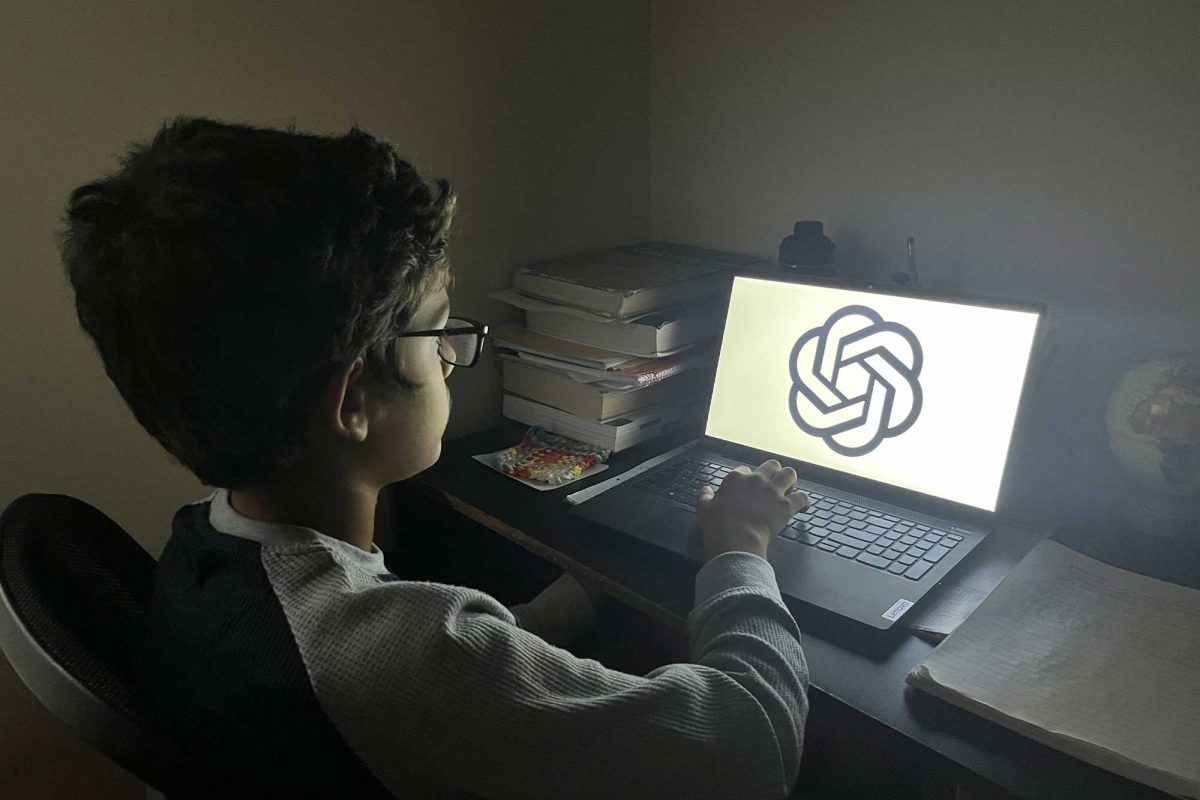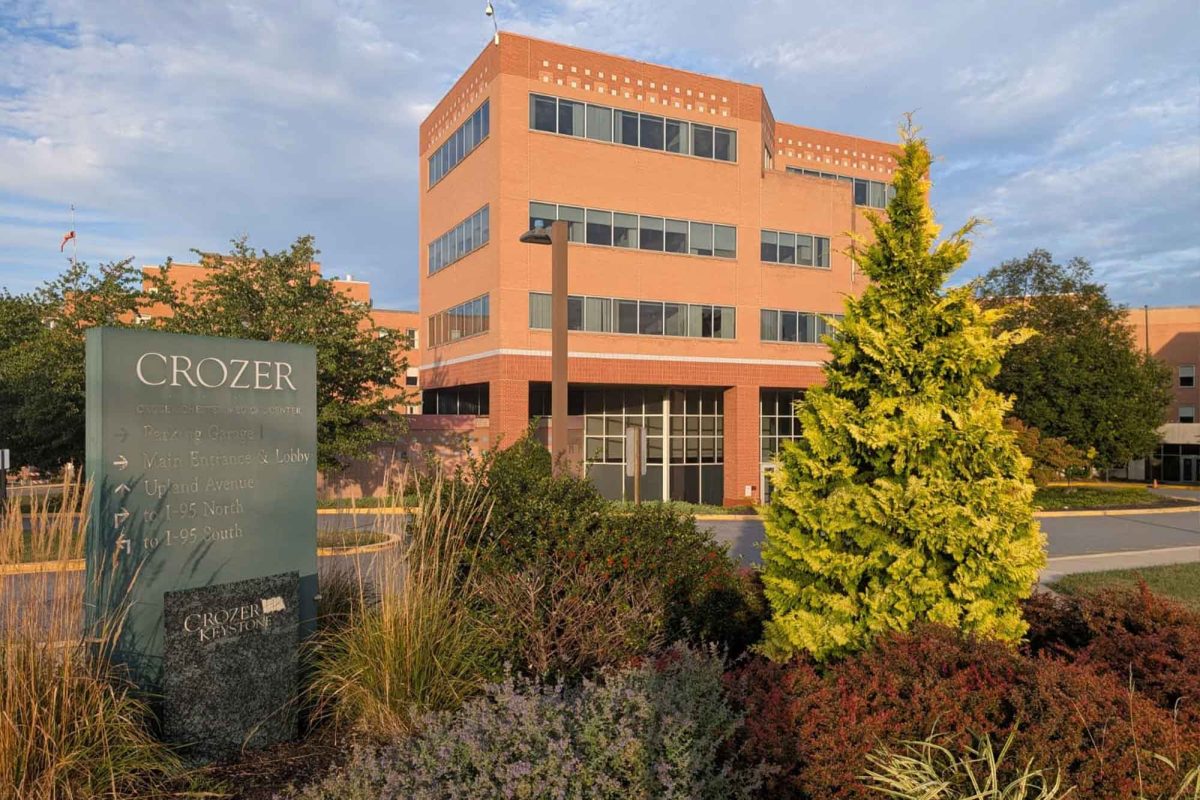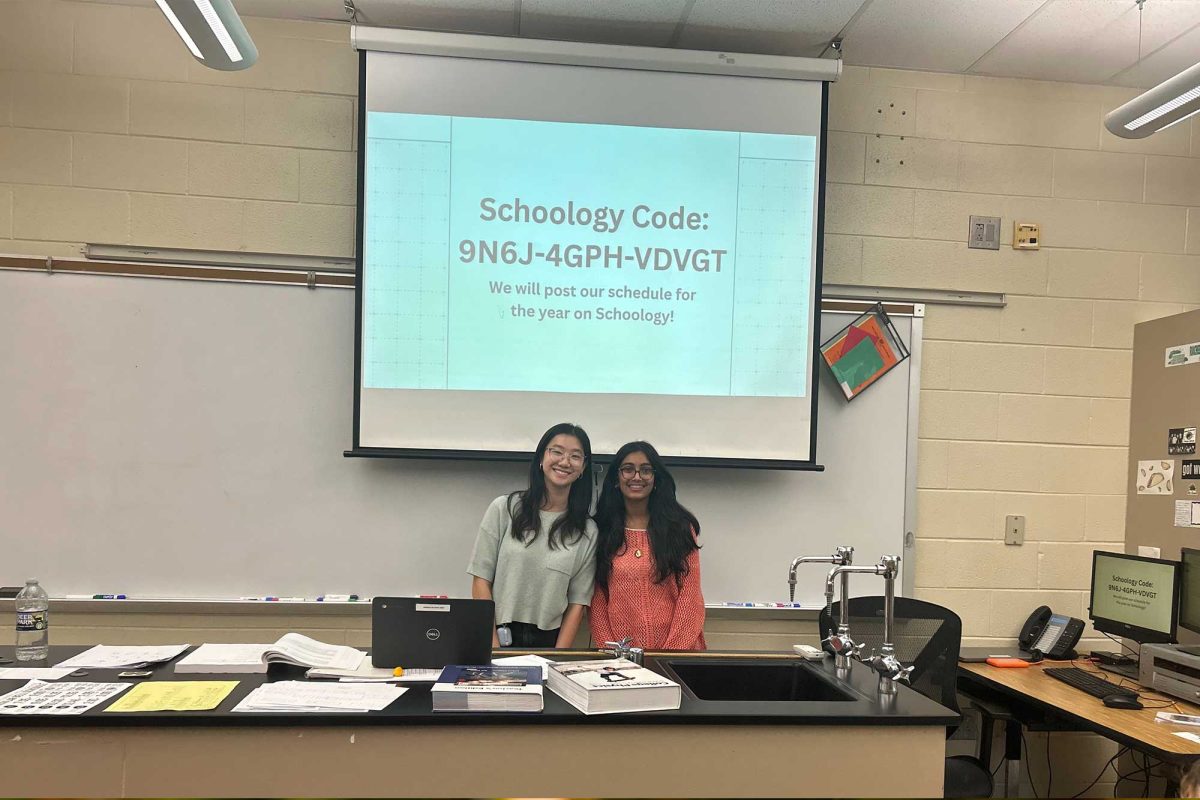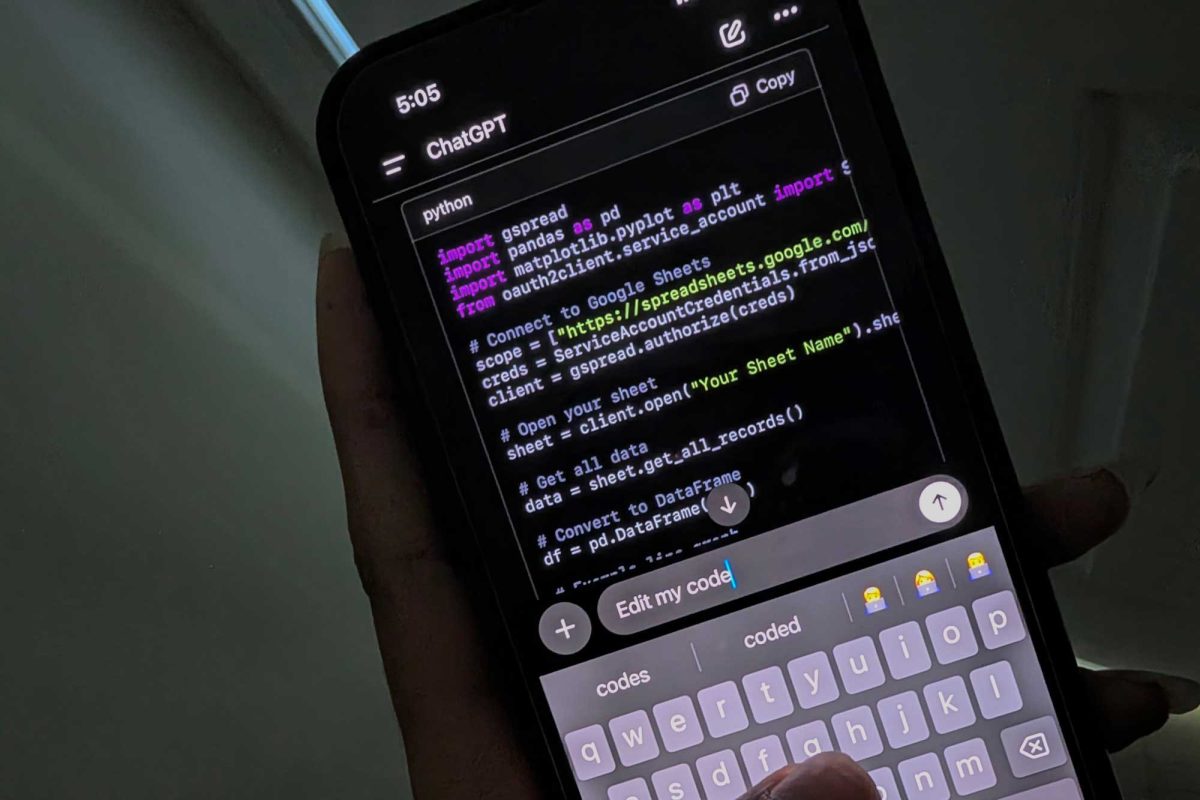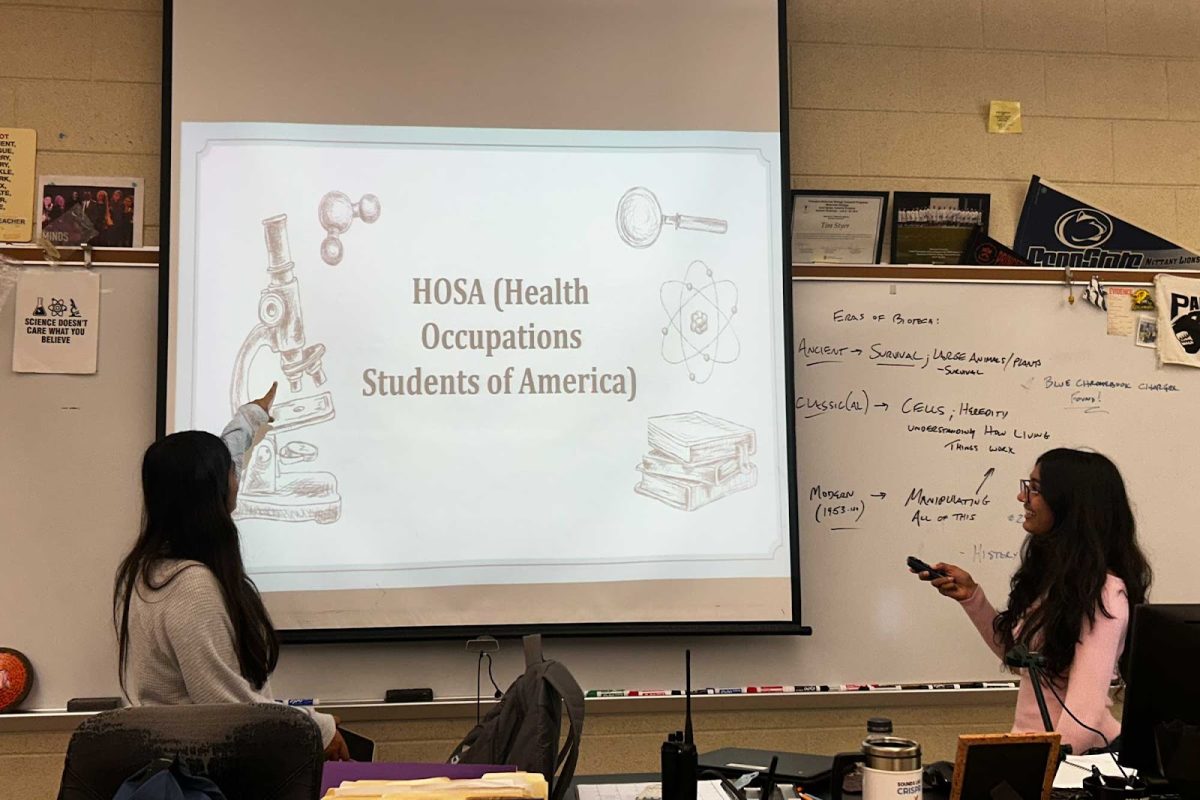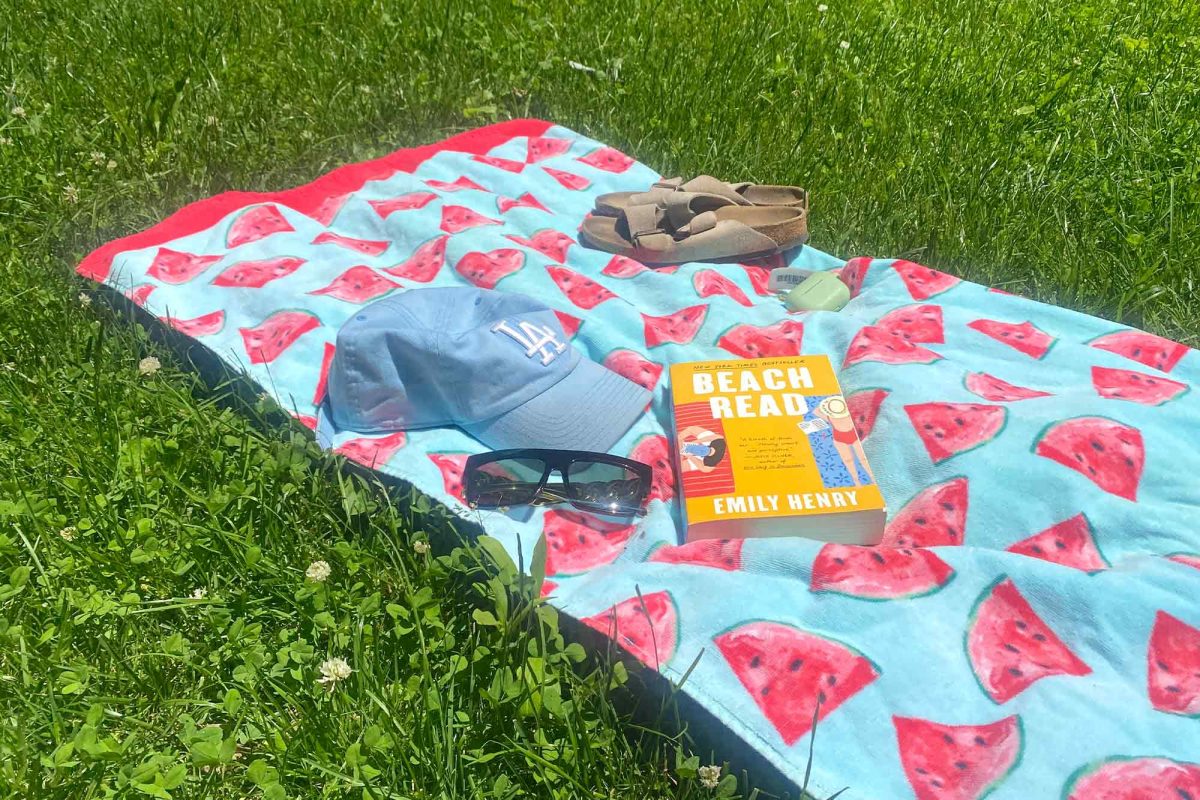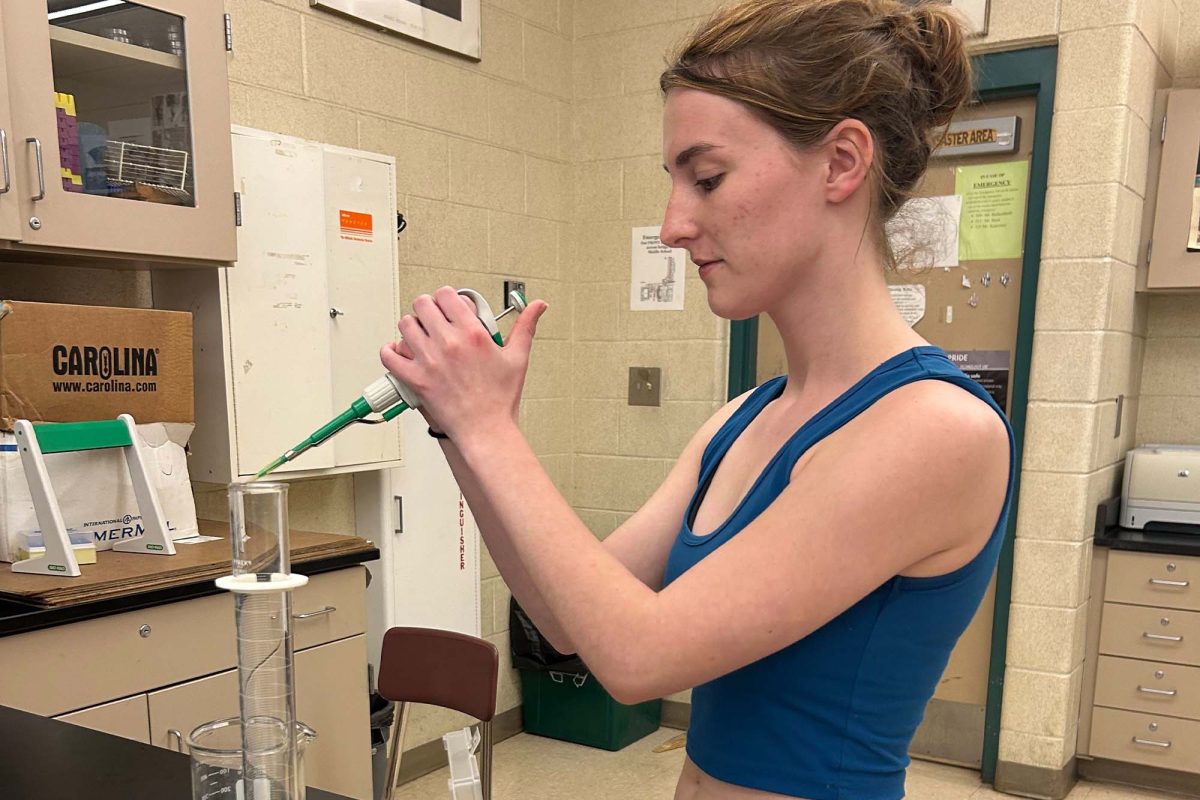Science Olympiad is a middle school and high school level competition where students study for different ‘events’ or topics.
Currently, the advisor for both middle and high school teams is Mr. Marc DeJong, who teaches Gifted Education at the middle school.
If the topic is purely study-based, students will take a test on the event during the competition, and if it’s build-based, they will construct on-site at the competition.
“If you did physics wars in eighth grade with Miss Cobb, it’s kind of like that, except you procrastinate more, and you get better results usually,” sophomore Yuhang Li said. “You also have to adhere to a specific rule manual. Or alternatively, you can also just study up on some basically college-level topic and then you just take a test on it.”
Sophomores Hari Ghatpande and Li began Science Olympiad in sixth grade and have seen it through the middle school division, which ranges from sixth to ninth grade, to the high school division, which ranges from tenth to twelfth.
Science Olympiad has 21 students in their high school division, including alternates. Ever since he added himself to those ranks, Ghatpande has had a passion for Science Olympiad that expands beyond the classroom.
“I think the biggest difference is that in a classroom, you’re told exactly everything that you can learn,” Ghatpande said. “But generally [in Science Olympiad], you’re going to be doing your own independent research, you’re going to be making your own notes, you’re going to be really learning stuff. And I think especially if you want to do something in science, it’s a very useful experience.”
The team qualified past regionals to states this year for the first time since 2016. Li attributes this partly to a shift in where they competed.
“We did have to go to the northeast division of the regional tournament because everybody had to go to Disney this year,” Li said. “Typically, the southeast, which is where we are, the competition is really high. I think we definitely would have had at least a harder time making it to states if we were in this division but, I mean, still, we made it to states.”
Ghatpande attributes the success to the strength of the advisor and students.
“This has been a goal of Mr. DeJong’s and also the whole team for a while. So I think we did really well,” Ghatpande said.
Other members agree with Ghatpande that this was a successful year, though by different benchmarks.
“As a high school team, we did a lot better than last year, but individually, when we were on the middle school team, we did better last year,” Science Olympiad member of three years, sophomore Casper Stockman said. “We all felt busier this year, and spent less time preparing, and the results showed.”
Ghatpande and Li would like to see Science Olympiad gain a stronger foothold in the high school, where it isn’t as focused as in the middle school.
“When you get to the high school, it’s barely there at all,” Ghatpande said. “I think that’s the main reason why the high school hasn’t gone to states for so long.”
Li also mentioned a lack of a high school Science Olympiad advisor, which forces the high school division to go to the middle school if they want to practice.
“We hope to get a lot more people on the team from the middle school division, that would help us spread out the word more evenly,” Stockman said.
Stockman thinks highly of the middle school division.
“They are so hungry to win,” Stockman said. “[Haven’s high school division] are so hungry to have fun, which unfortunately impedes our ability to reach our desired level of success, which, in this case, is winning.”
They have already begun thinking about how they can improve for the future.
“We’re gonna do more invitationals throughout the year, so we get our notes done before regionals or before after-regionals,” Stockman said. “And we’re gonna win because we believe.”




